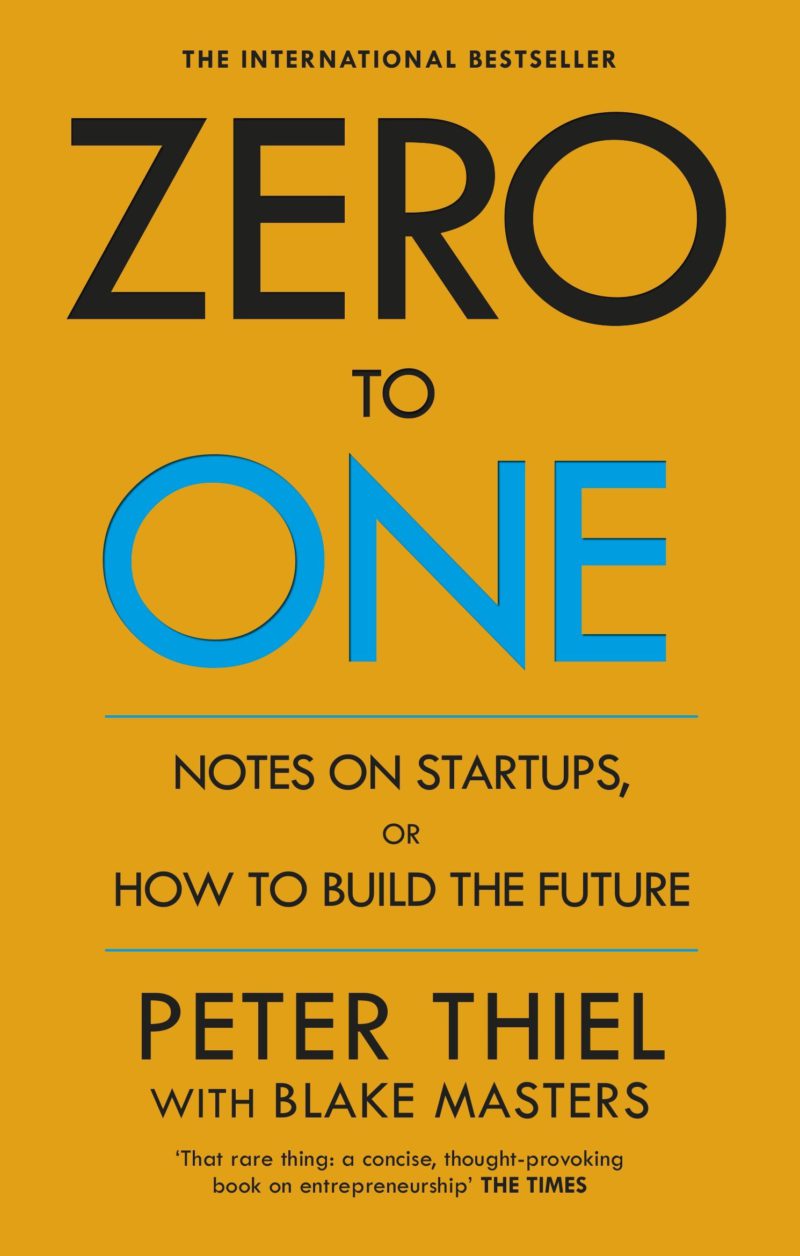7 Questions Every Business must answer
The book revolves around the 7 questions every business or in this case every startup must answer. If the company fails to answer even one, than it might not be successful. ( Tesla got 7/7 )
Subjects: Growth Strategy, Startups, Venture Capital
The book Zero to One: Notes on Start Ups, or How to Build the Future is about Peter Thiel, who cofounded Paypal and Palantir, and made investments in companies like Facebook, SpaceX and Linkedin. This book is also about what Mr Thiel thinks about investing in startups and most probably he is right.
The book revolves around the 7 questions every business or in this case every startup must answer. If the company fails to answer even one, than it might not be successful. ( Tesla got 7/7 ). Questions are:
- The Engineering Question
- The Timing Question
- The Monopoly Question
- The People Question
- The Distribution Question
- The Durability Question
- The Secret Question
Instead businesses are guided by the following 4 principles, which the author say doesn’t lead to exponential growth
- Make incremental advances
- Stay Lean and Flexible
- Improve on the competition
- Focus on product, not sales
Major focus of the book remains how to create a monopoly. It could had been called Creating Monopoly:101, such is the emphasis.
” Every monopoly is unique, but they usually share some combination of following characteristics: proprietary technology, network effects, economies of scale, and branding”
Author gives examples of companies he has invested in or founded, explaining why some companies achieve 10x growth, and why some do not. He talks to founders and future founders directly, in trying to put his points across
” If you do start your own company, …, One market will probably be better than all others, One distribution strategy usually dominates all others, time and decision making themselves follow a power law.. “
Book has tips for founders on how to chose their team, how to pay compensation, culture etc. and is a ready guide for anyone who has something that could change the world. This book isn’t for someone who wants to start a company and follow the 4 principles mentioned above. It is for the ones who have a conspiracy to change the world. In between there are some brilliant insights like how shale gas was devastating to most new renewable energy business models, and how technology and humans should complement each other instead of fight for control of the world between AI and humans.
The book is an excellent and popular book, even if your not planning to start the next Google, it can be helpful in understanding how very few businesses achieve 10x growth, while others fail.




